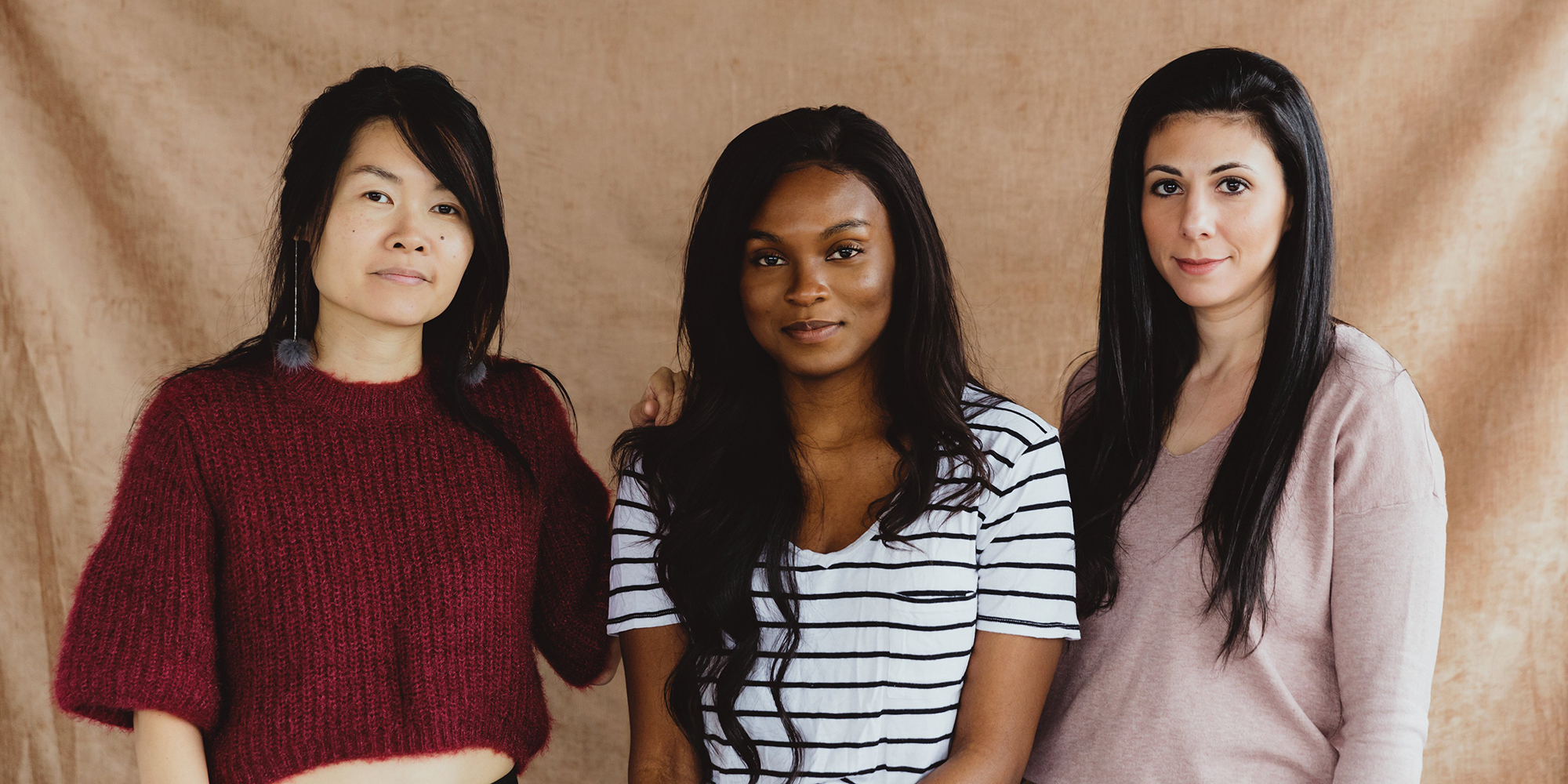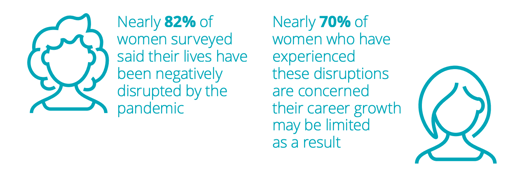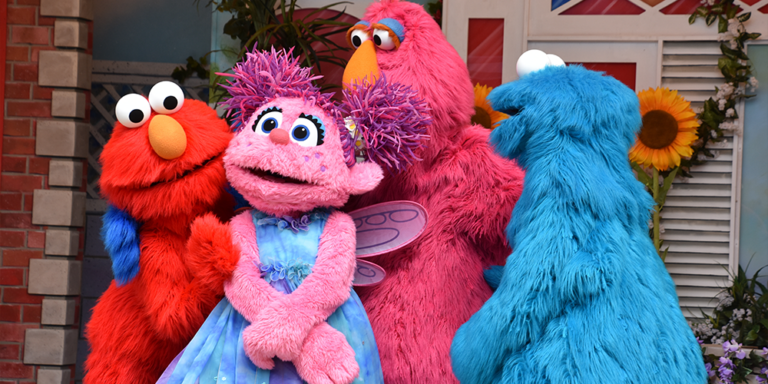Did you ever know that you’re my hero
And everything I would like to be?
I can fly higher than an eagle
For you are the wind beneath my wings
Or, in this case, sheroes.
On my morning walk, I listened as NPR host Terry Gross rattled off statistics about the impact of the pandemic on women. Google it and the articles stack up, each one competing for top billing over the next:
“Why Has Covid-19 Has Been Especially Harmful for Working Women?” from The Brookings Institution
“Women and the Pandemic: Serious Damage to Work Health and Home Demands Response” from Forbes
“Pandemic Sets Back Women’s Progress in the Workforce” from National Public Radio
Most of us have been stuck in the muck of survival. Yet, we know, somebody needs to take care of “all the things:” the work, the groceries, the cooking, the bills, and the children, ah yes, the children. And when the question arises, “Who will care for the children?” usually it’s the moms who do. So, how have women fared during this time?
- In 2020, over 2 million women left the workforce
- Women are at the lowest workforce participation level since 1988
- Latina and Black women face higher unemployment rates than white women
- Women have had to choose between working and staying home to care for children
Add to this list the widely known and irrefutable truth that in 2021 women still only earn 82 cents on the dollar and even less if you’re a woman of color. Now when answering the question, “Who will care for the children?” it becomes financial. Most often, the person earning more will continue to work, and as a result, women fall behind in their earning potential, in their careers, and in the world of work. This financial gender gap amounts to an average loss of $10,157 in women’s annual earnings. Ouch. Yet, in a study from Gender, Work, and Organization, researchers found that when dads engage in more of the childcare responsibilities, women earn more.
-From “Understanding the Pandemic’s Impact on Working Women”
Beyond earnings, in 2021, studies show that not only do women do more of the unpaid physical labor of living, they also do more of the unpaid mental labor. Or, as my friend explains when talking about her partner, “He’s a great dad. He changes the diapers. But I’m the one who remembers we need them.” In other terms, it’s the organizing, the appointments, the remembering to pick up diapers on the way home. It’s the labor of remembering.
My heroes are sheroes.
Did you ever know that you’re my hero
And everything I would like to be?
I can fly higher than an eagle
For you are the wind beneath my wings
If you’re curious about what you can do to support women, below are some action steps.
- Create awareness and talk about how the pandemic has disproportionately impacted women
- Ensure women are represented and included in decision making and planning
- Work for gender and racial wage equality
- Support policies that pay workers a living wage
- Provide support for working parents
- Include men in the conversation
- Listen and believe women
So, here’s to the ladies! The moms. The daughters. The sisters. The aunts. The grandmas. The nieces. The teachers.
We appreciate you.
We applaud you.
We see you.
Now, we must pay you.
You are the wind beneath our world’s wings.
Resources:
“America’s Women and the Wage Gap” from National Partnerships
“Enough Already, How the Pandemic is Breaking Women,” from NPR
“How Business Can Support Women in Times of Crisis” from UN Global Compact
“How Gay Women are Treated in the Workplace,” from My Work
“How Men Can Support Their Partners as Equals,” from Lean In
“How to Be a Feminist Dad,” from Lean In
“I Am Tired of Being the One Who Remembers All the Things” from Scary Mommy
“The State of Black Women in Corporate America,” from Lean In
“To Keep Women in the Workforce, Men Need to Do More at Home” from Harvard Business Review
“Women, Caring, and Covid 19” from the CDC
“Women Continue to Carry the Load When it Comes to Unpaid Work” from The Guardian
“Understanding the Pandemic’s Impact on Working Women,” from Deloitte Global








